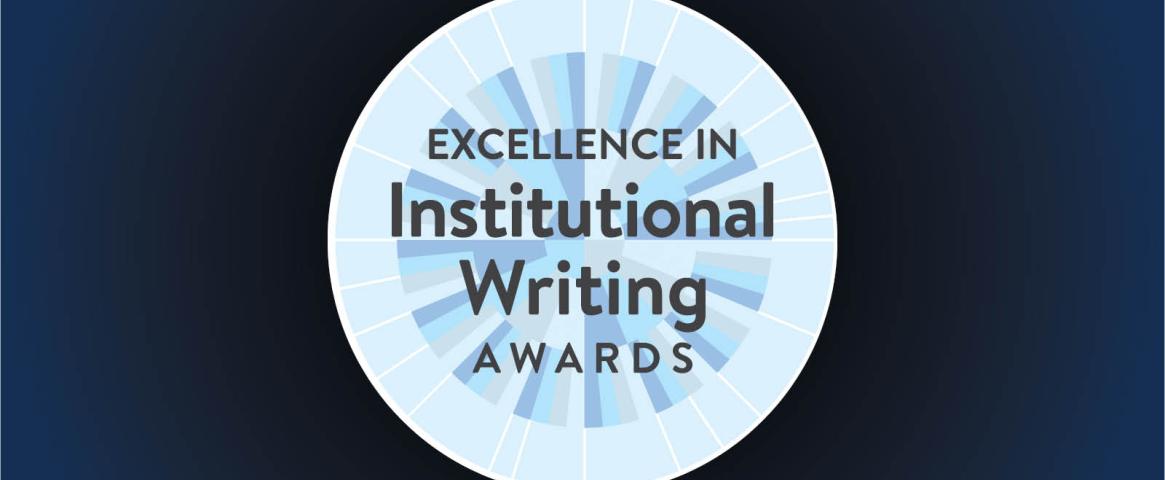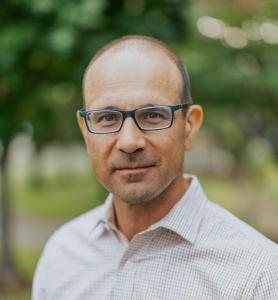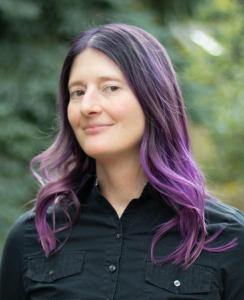The National Association of Science Writers and its Awards Committee are pleased to announce the winners of the 2025 NASW Excellence in Institutional Writing Awards (EIWA):
- In the long-form category: “Rewilding the Klamath: Inside the World’s Largest Dam Removal and Salmon Restoration Project” by Sean Nealon, Oregon State University
- In the short-form category: “Elephants Have Names for Each Other Like People Do, New Study Shows” by Jayme DeLoss, Colorado State University
The EIWA winner in each category will receive a cash prize of $2,000. The 2025 NASW Awards will be presented on Sunday, Nov. 9, in Chicago, Ill., as part of the ScienceWriters2025 national conference. Follow hashtags #SciWri25 and #SciWriAwards on social media for ongoing awardee celebrations.
Praise for the 2025 EIWA long-form category winner: Written for Oregon State University’s The Oregon Stater magazine, “Rewilding the Klamath: Inside the World’s Largest Dam Removal and Salmon Restoration Project,” by Sean Nealon, follows a team of OSU researchers as they study the impacts of the removal of four dams on southern Oregon and northern California’s Klamath River and the restoration of nearly 400 miles of salmon spawning grounds. Nealon’s piece describes the aftermath, both ecological and human, of the dam removal.The judges praised the story for emphasizing the indigenous connection to the Klamath River and its landscape and conveying the importance of water as a resource. “It also explains, in a highly readable and understandable way, the science involved in exploring the little-known effects of dam removal,” the judges said.
Praise for the 2025 EIWA short-form category winner: "Elephants Have Names for Each Other Like People Do, New Study Shows,” written by Jayme DeLoss for the Warner College of Natural Resources at Colorado State University, describes how researchers from CSU and other organizations used machine learning to confirm that wild African elephants address each other with name-like calls, a rare ability among nonhuman animals.“Jayme DeLoss crafts a story that unveils the underlying magic of nature while implicitly highlighting the interconnectedness between humans and our fellow mammals,” the judges said. “By focusing on science that does not have immediate implications on your average reader's life, DeLoss underscores the excitement and joy of research for its own sake.”
In addition to the 2025 EIWA winners, the judges recognized with honorable mentions two other entries in the long-form category and one other entry in the short-form category:
In the long-form category:
- “The Unexpected Poetry of PhD Acknowledgements” by Tabitha Carvan, Australian National University
- “Forging Partnerships to Fight Cancer” by Karuna Meda, Thomas Jefferson University
In the short-form category:
- “Women’s Health is Chronically Understudied, But These Engineers are Charging Forward” by Jessica Colarossi, Boston University’s The Brink
The NASW Awards Committee is co-chaired by Aparna Vidyasagar (freelance) and Charna Albert (College of American Pathologists). The Excellence in Institutional Writing Awards were coordinated by Charna Albert. The judging committee for the long-form entries consisted of Alejandra Canales (UCSF), Eric Bender (freelance), Christopher Pollon (freelance), and Michael Newman (Johns Hopkins). For the short form entries, the judging committee consisted of Peter Jurich (freelance), Corey Feuer (American Physical Society), Mollie Rappe (Sandia National Laboratories) and Amy Roeder (Harvard Chan Magazine). Scott Weybright (Washington State University) provided screening assistance.
First granted in 2018, the NASW Excellence in Institutional Writing Awards were established to recognize high-caliber, publicly accessible science writing produced on behalf of an institution or other non-media organization. Entries for the next awards cycle, recognizing material published or broadcast in 2025, are due Feb. 1, 2026. Nomination forms will be available at www.nasw.org/excellence beginning in December 2025.
All NASW awards strive to showcase timely coverage and exemplary work, particularly those by underrepresented creatives tackling diverse, overlooked issues and communities. Judges especially consider diversity in topics, sources, audience, and authors to be a critical component of excellence. Nominations are not limited to the NASW membership, and science writers are encouraged to submit entries on behalf of peers, colleagues, and mentees.
Founded in 1934 with a mission to fight for the free flow of science news, NASW is an organization of ~2,400 professional journalists, authors, editors, producers, public information officers, students and people who write and produce material intended to inform the public about science, health, engineering, and technology. To learn more, visit www.nasw.org and follow NASW on LinkedIn and Bluesky.




